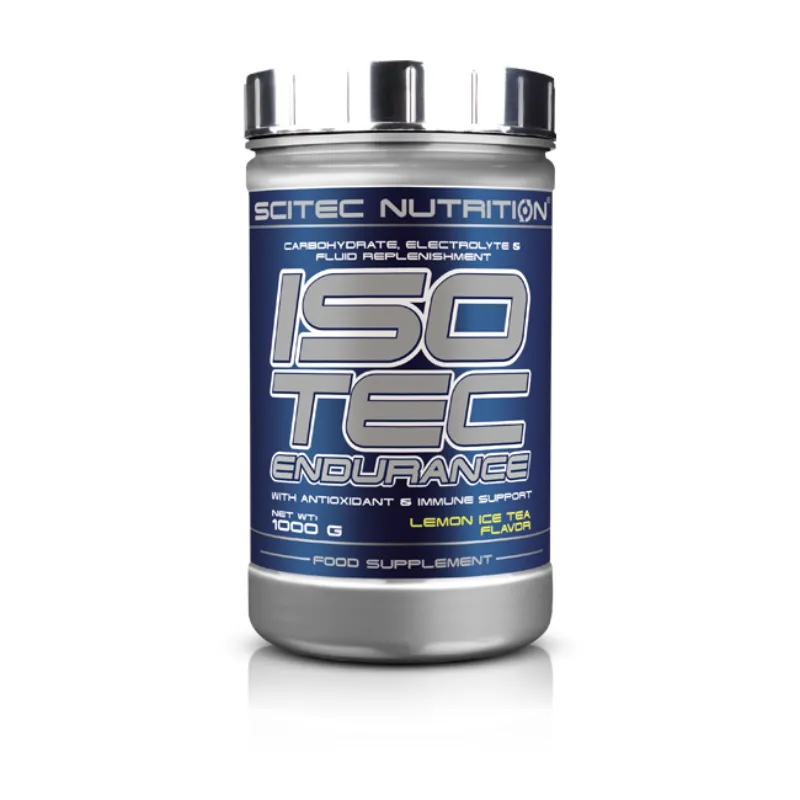Have you ever wondered exactly what electrolytes are and what the importance of electrolytes have for our health? Perhaps you’ve heard of them in the context of sports drinks or nutrition, but are unsure of how they actually affect your body.
We’ll take a journey through the fascinating world of electrolytes. We start by explaining what electrolytes are and how they contribute to everything from hydration and muscle function to maintaining a healthy balance in the body. We will also explore how you can ensure that you get the necessary electrolytes through your diet, and in what situations your need for electrolytes may increase, such as during sports, illness, or just in your daily routine.
Read our blog post about when to take electrolytes.

Electrolytes. These microscopic heroes play a critical role in nearly all of our body’s functions. Let’s explore how electrolytes affect fluid balance, muscle and nerve function, as well as acid-base balance and other vital functions.
Imagine electrolytes as the body’s own conductors, managing the flow of fluids. They ensure the right amount of fluid stays inside and outside our cells. Sodium and potassium are the main characters here. An imbalance in these can lead to issues like dehydration or overhydration, which can have serious consequences for the body. Drinking water is essential, but without electrolytes to regulate where that water goes, our cells would either swell up or shrink.
Electrolytes are not only important for our physical health, but also for our ability to move and feel. Potassium and calcium play crucial roles in muscle contractions. Think about how a delicious banana (rich in potassium) can help prevent muscle cramps. Likewise, sodium and calcium are essential for nerve impulses. Without them, our ability to touch, feel, and even perform simple movements would be severely impaired.
Electrolytes also contribute to maintaining a healthy pH balance in the body. This balance is essential for many of our enzymes and biological processes to function correctly. Additionally, electrolytes play a role in many other vital functions, such as the transport of nutrients into cells, the removal of waste products, and the regulation of heart functions.
Our bodies are amazing machines, and electrolytes are some of the small, but powerful parts that keep this machine running. By understanding the role of electrolytes, we can better care for our bodies and ensure that we function at our highest level.
Remember, a well-balanced diet is key to maintaining a good electrolyte balance. So next time you reach for a glass of water, consider adding a slice of lemon or a little bit of salt to boost your electrolyte intake. Your body will thank you!
These microscopic substances are crucial for a variety of vital functions in the body, but what exactly are they, and where do we find them?.
Read our blog post: What do electrolytes do?
Electrolytes are minerals in the body that have an electric charge. They are found in your blood, urine, tissues, and other body fluids. The most well-known electrolytes include sodium, potassium, calcium, magnesium, phosphate, chloride, and bicarbonate. Each of these plays a unique and vital role in the body’s functions.
Electrolytes are essential for maintaining a range of the body’s functions. They help regulate nerve and muscle function, hydration, blood pH level, blood pressure, and the repair of damaged tissues. When these minerals dissolve in the body’s fluids, they create positively and negatively charged ions. These ions are crucial for the electrical impulses necessary for physical activity and cognitive function.
Fortunately, electrolytes aren’t something we only get through specialized supplements – they’re found in many common foods. Here are some of the best sources:
To maintain a healthy electrolyte balance, it’s important to consume a varied diet that includes these elements. It’s also important to drink enough water, especially when you’re sweating a lot, either due to physical activity or hot weather.
You can find our electrolyte tablets here.

Electrolytes are more than just an ingredient in sports drinks; they are fundamental to our body’s function in many situations – from intense physical activity to recovering from illness and daily health. Let’s dive into why electrolytes are so important and how we can ensure we get enough of them.
When we engage in sports or other physical activities, our body loses fluids and electrolytes through sweat. This loss can affect our muscle strength, endurance, and coordination. Restoring the electrolyte balance is crucial to avoid dehydration and to optimize performance. Electrolytes like sodium and potassium help regulate muscle contraction and prevent cramps. Therefore, it’s important to consume electrolyte-rich foods or beverages after intense physical activity to replenish lost nutrients and maintain good hydration.
During periods of illness, such as dehydration or diarrhea, our body can quickly lose fluids and electrolytes. This can lead to weakness, confusion, and in severe cases, organ failure. In these situations, it’s important to restore the electrolyte balance. Solutions like rehydration drinks, which contain a balance of sodium, potassium, and glucose, are designed to quickly restore electrolyte and fluid balance. Consuming these during illness can aid in faster recovery and prevent further complications.
Even in our daily lives, electrolytes play a role in our overall health and well-being. A proper balance of electrolytes is necessary to maintain optimal function of our nervous system, muscles, and hydration. An imbalance can lead to issues such as fatigue, dizziness, and muscle weakness. A balanced diet rich in fruits, vegetables, nuts, and whole grains can help maintain this balance. It’s also important to drink plenty of water, especially in hot weather or when you sweat a lot.
Electrolytes are small, but powerful, and they play a critical role in many aspects of our health and daily function. By being mindful of our electrolyte intake and hydration levels, we can ensure that our bodies operate optimally, no matter what life throws our way. Remember, a healthy body is a happy body!

In our journey through the importance of electrolytes for our body, we have seen how these powerful micronutrients play a central role in everything from intense sports and physical activity to recovery during illness and the maintenance of daily health. Electrolytes are not just important – they are essential for our body’s function and well-being.
Remember, a balanced intake of electrolytes is key to keeping the body hydrated, our muscles functioning, and our nervous system in top form. Whether it’s through diet, hydration, or in special cases through supplements, it’s important to be aware of our electrolyte intake.
Let’s take responsibility for our health together by ensuring we get the necessary electrolytes. This is not only important for athletes or those who are ill but for anyone who wants to maintain optimal health and well-being. By understanding and acknowledging the role of electrolytes in our body, we can make wiser choices for our health.
© 2024 Only Approved – Designed by Aveo web&marketing
Socials
Socials